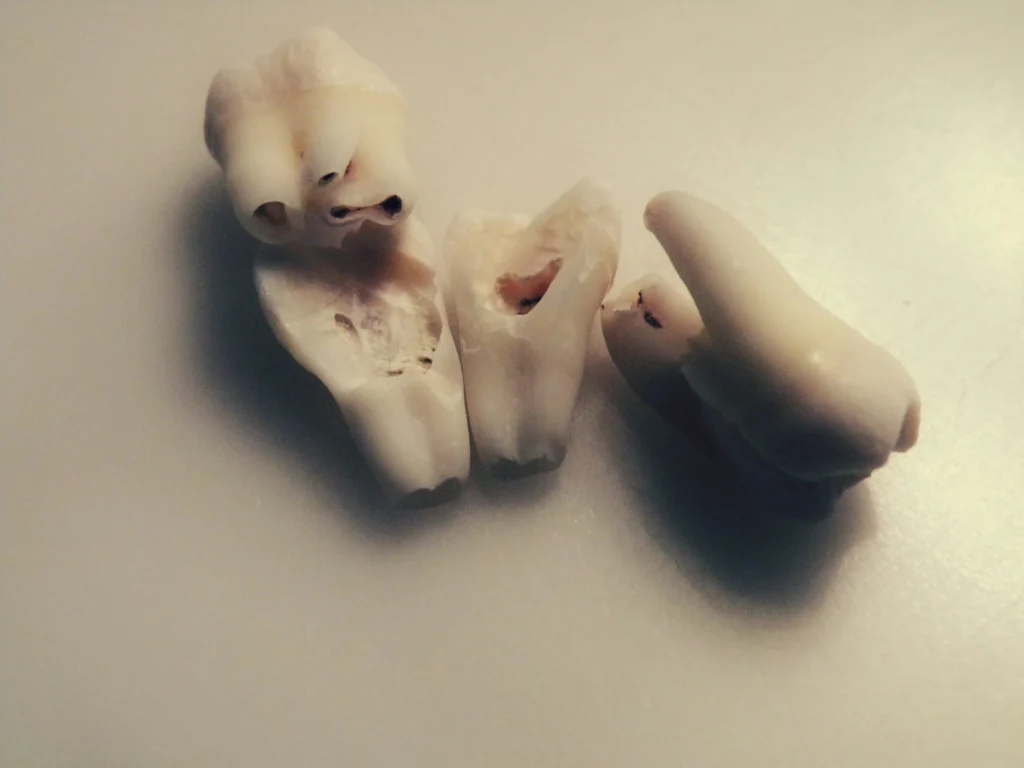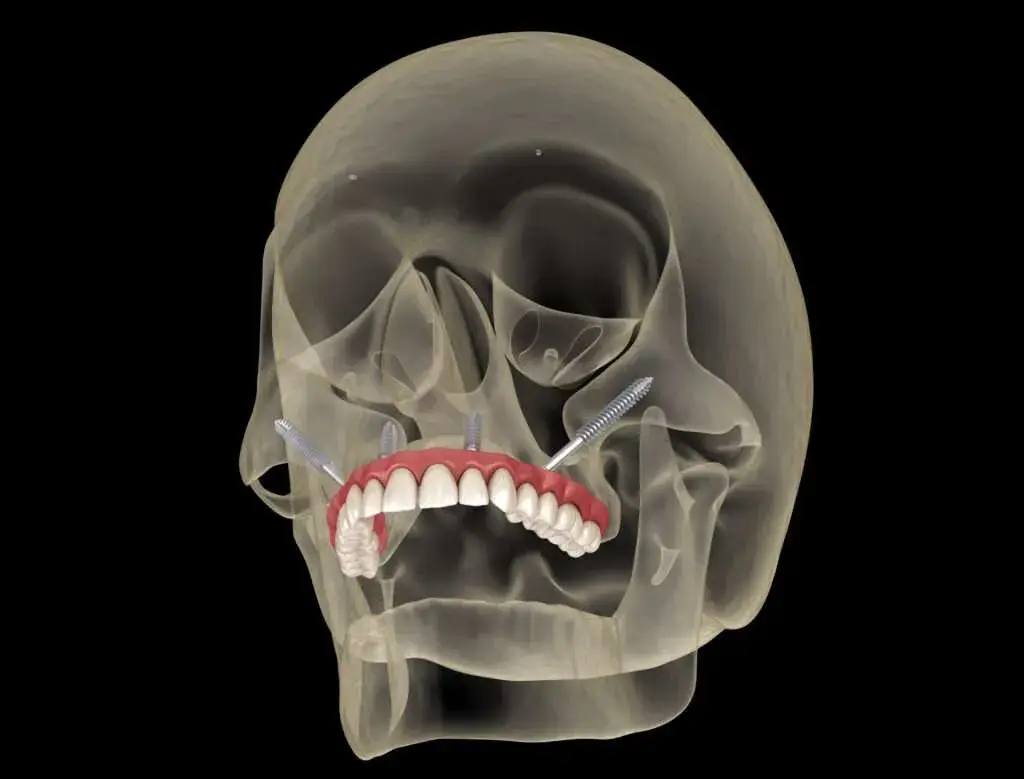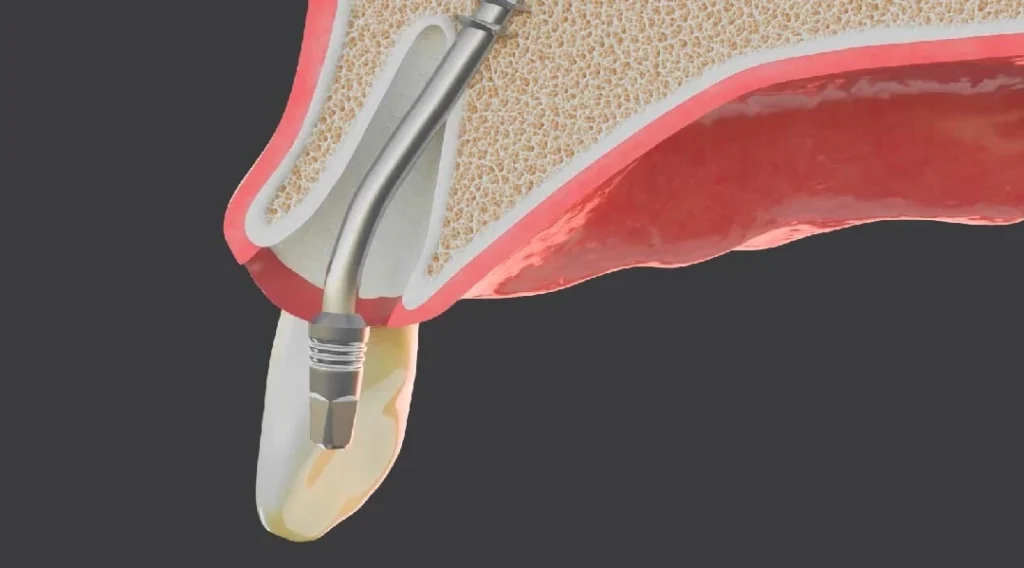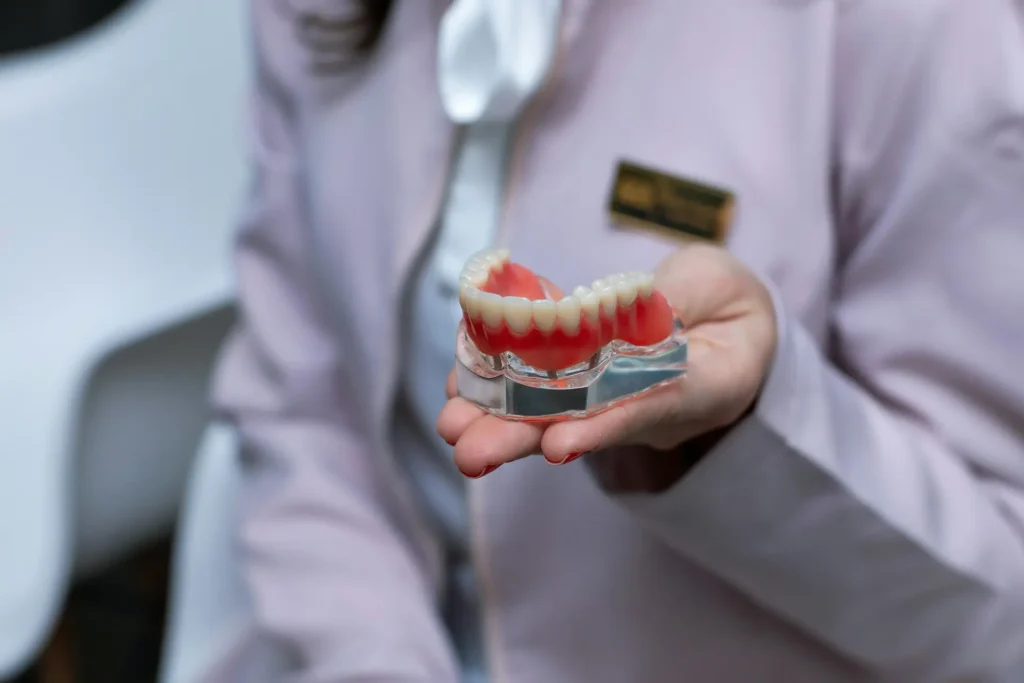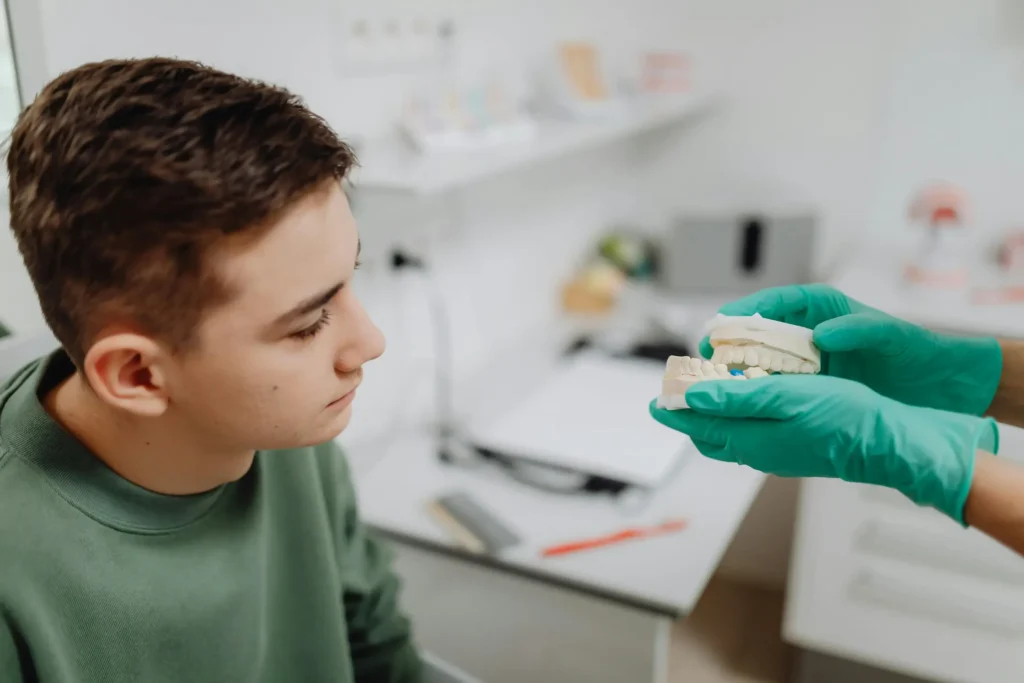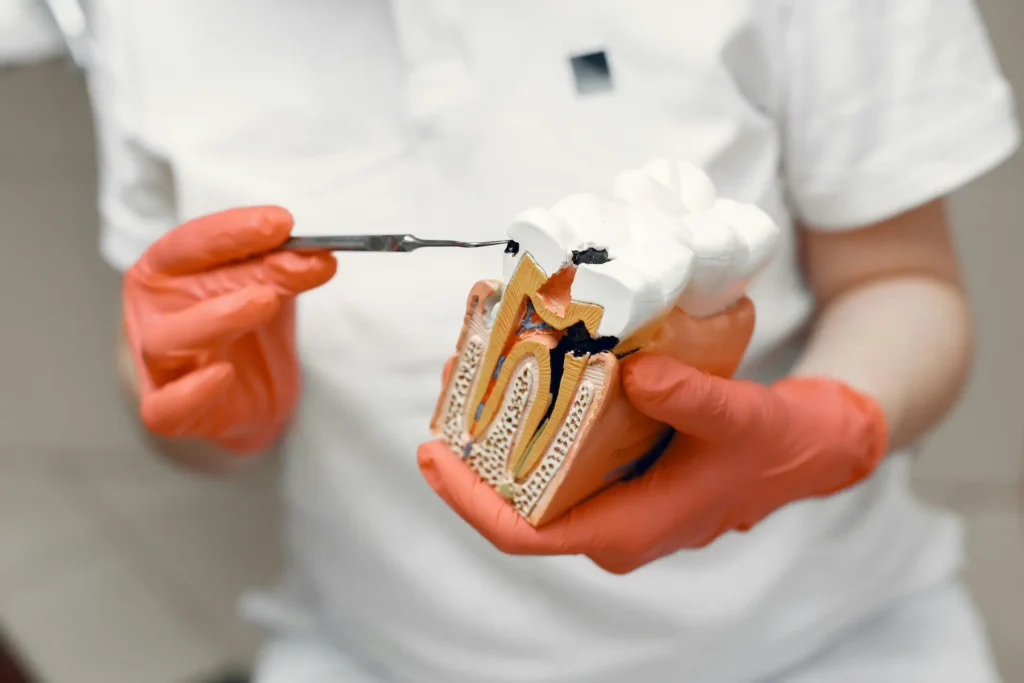How Dry Mouth Leads to More Cavities: Understanding Xerostomia and Tooth Decay
Replacing missing teeth is essential for protecting bone health, bite alignment, and facial structure. While dentists always try to save natural teeth first, extractions sometimes become unavoidable. Dental implants are often the most effective way to replace missing teeth and prevent long-term complications.
How Dry Mouth Leads to More Cavities: Understanding Xerostomia and Tooth Decay Read More »



